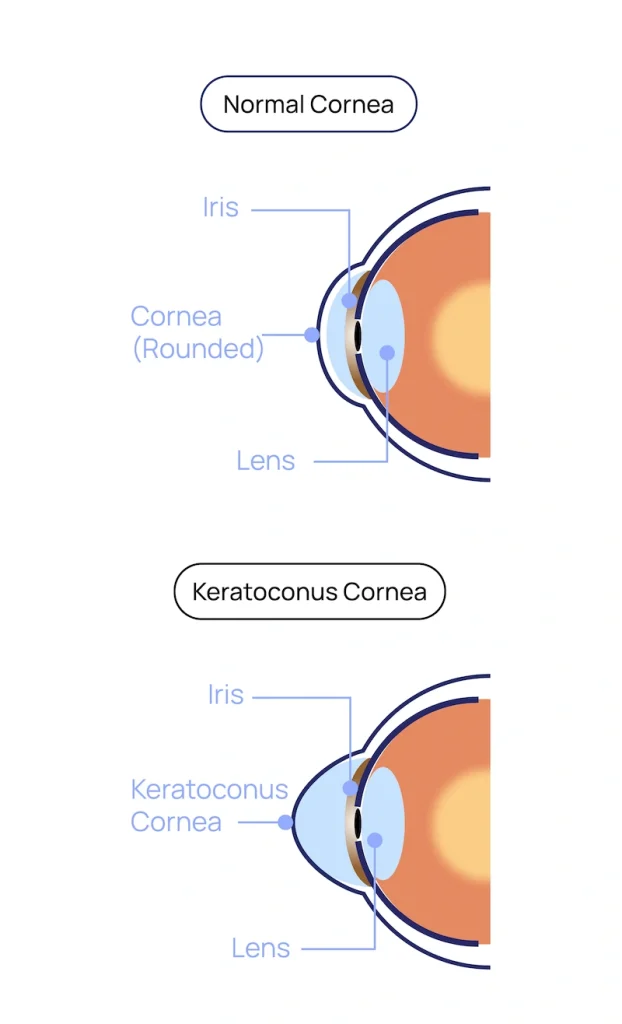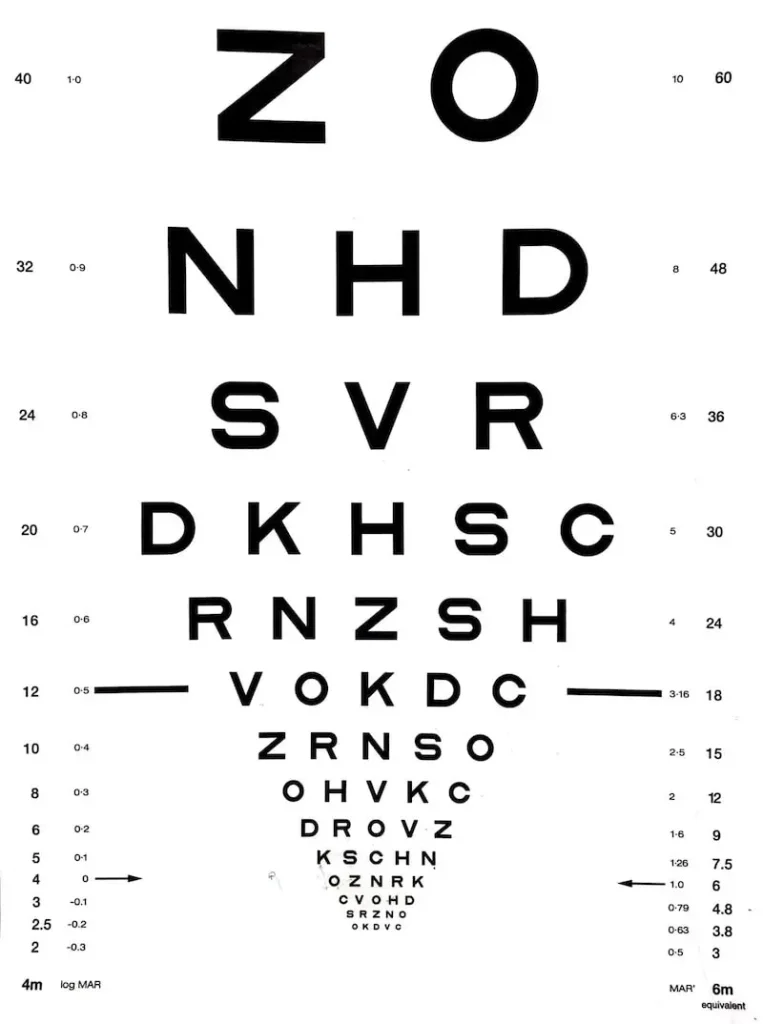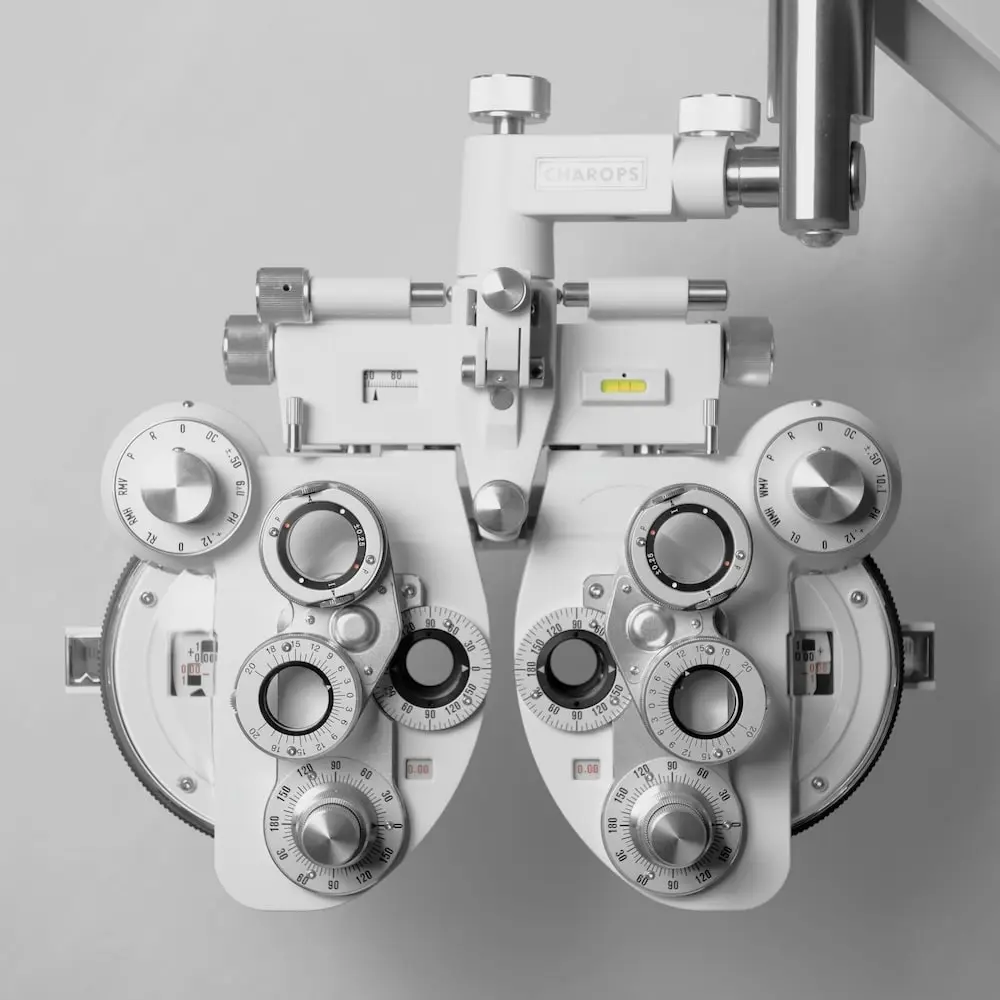Home
Why Choose Us
Meet Our Doctors
Procedures
Cataract Procedures
Refractive Procedures
Cosmetic Procedures
Diabetes Eye Management
Pterygium Procedure
Other Procedures
Testimonials
Media
Cataract Procedures
Cataract Surgery
Cataract surgery is a procedure that replaces a cloudy lens in the eye with a clear artificial lens. It's the most common surgical procedure in the world.
Advanced Cataract Surgery
Advanced cataract surgery is a modern procedure that replaces a clouded natural lens with an intraocular lens (IOL). Using laser-assisted techniques.

Refractive Procedures

Cosmetic Procedures

Diabetes Eye Management

Other Procedures


Learn more

Learn more

Learn more
Providing Exceptional
Eye Care in Los Angeles
When Your Eyesight is at its Best, Everything Becomes Clearer — Literally and Figuratively.

Keratoconus
Keratoconus is a progressive condition where the cornea thins and bulges outward into a cone-like shape. This irregular shape distorts light entering the eye, eventually leading to vision impairment.
Early intervention is crucial for effectively managing this condition. Moreover, specialized contact lenses can help stabilize the condition and preserve vision, while also contributing to better long-term visual outcomes and ultimately improving the overall quality of life.
What You Need to Know
At St. Lucia Eye Center, our eye specialists provide advanced solutions tailored to improve vision. In addition, these treatments offer enhanced comfort and clarity for individuals with keratoconus.
At St. Lucia Eye Center, We Specialize in Providing Personalized Care and Offer Advanced Fitting of Scleral Lenses
Benefits
- Enhanced comfort and clarity with specialized lenses
- Stabilizes corneal shape and vision quality
- Minimizes progression
- Reduces dependence on glasses and traditional contact lenses
- Non-invasive and surgical options for treatment

What is Keratoconus?
Keratoconus is a progressive condition in which the cornea thins and bulges outward into a cone-like shape. This irregular shape distorts light entering the eye, leading to blurry vision, double vision, or light sensitivity.
Symptoms
- Blurred or distorted vision
- Increased sensitivity to light
- Difficulty seeing at night
- Frequent changes in eyeglass or contact lens prescriptions
Early stages of keratoconus can be managed with glasses or contact lenses, but as it progresses, specialized treatments may be needed.
Symptoms
- Blurred or distorted vision
- Increased sensitivity to light
- Difficulty seeing at night
- Frequent changes in eyeglass or contact lens prescriptions
Early stages of keratoconus can be managed with glasses or contact lenses, but as it progresses, specialized treatments may be needed.
Types of Lenses
Rigid Gas-Permeable Lenses
Rigid gas-permeable lenses help correct vision by providing a smooth surface for light to pass through, in order to improve clarity for individuals with keratoconus.
Scleral Lenses
Scleral lenses are specialized contact lenses that rest on the white part of the eye, creating a smooth surface over the irregular cornea. These lenses offer comfort and vision clarity for advanced cases.
Causes of Keratoconus
Genetics
Keratoconus can be hereditary, often affecting individuals who have a family history of the condition.
Chronic Eye Rubbing
Rubbing the eyes frequently or aggressively can damage the cornea and contribute to the development of keratoconus.
Underlying Conditions
Conditions such as Down syndrome, Ehlers-Danlos syndrome, and Marfan syndrome are associated with an increased risk of developing keratoconus.
Environmental Factors
Exposure to irritants, pollutants, or allergies can occasionally exacerbate the symptoms or progression of keratoconus.
Hormonal Changes
Hormonal fluctuations, especially during puberty, can actively influence the progression of keratoconus.
Eye Infections
Infections or injuries to the cornea can contribute to the weakening and thinning of the cornea, increasing the risk of developing keratoconus.

We Believe That Everyone Deserves to Enjoy Life With Clear Vision
Regular eye exams are crucial, especially for individuals with a family history of keratoconus or symptoms of visual distortion. Timely intervention can prevent further progression and significantly preserve vision.
How is Keratoconus Diagnosed?
Keratoconus is diagnosed through comprehensive eye exams, including corneal topography. Treatment options range from glasses and soft lenses in early stages to specialized contact lenses eventually.
Comprehensive Eye Exam
A combination of visual tests, corneal imaging, and topography is used to assess the shape and thickness of the cornea.
Corneal Topography
A specialized imaging test creates a detailed map of the cornea’s shape, allowing for the detection of irregularities.
Biomicroscopy
A specialized microscope closely examines the cornea, helping detect early signs of keratoconus and other potential issues.
Diagnosis involves thorough testing to map the shape and thickness of the cornea. Furthermore, early intervention plays a key role in preventing the condition from worsening and preserving vision.


How is Keratoconus Treated?
Keratoconus treatment is based on its severity and progression, with options ranging from vision correction to surgical intervention.
Rigid Gas-Permeable Lenses
These lenses offer clearer vision and help create a smooth optical surface, subsequently improving vision quality.
Scleral Lenses
Specialized lenses designed to vault over the cornea, creating a new surface that improves vision and provides comfort.
Corneal collagen cross-linking (CXL)
A one-time procedure that strengthens the cornea and prevents it from getting worse in addition to improving current vision.

When Do You Need Treatment?
Treatment becomes necessary if you experience distorted vision, frequent prescription changes, or other symptoms. Additionally, early intervention can help prevent further progression and preserve your vision.
Are you a Candidate?
- Individuals with family history of keratoconus
- Those experiencing distorted vision or frequent prescription changes
- Candidates for corneal cross-linking or lens fitting
- People with underlying conditions such as Down syndrome or Marfan syndrome
Timing
Early diagnosis and timely treatment can stabilize the condition, as a result improve visual outcomes.
Driving Requirements
Depending on the severity of your condition, you may struggle with driving at night or in low-light conditions.
Scheduling
Regular follow-up visits are essential to monitor the condition's progression and adjust treatment plans accordingly.
Key Information on the Progressive Eye Condition
Understanding Keratoconus
This condition can affect individuals differently, but early intervention and regular monitoring can significantly improve quality of life and visual function.
Genetic Factor
If you have a family history of keratoconus, regular eye exams are essential to detect the condition early.
Non-Surgical Options
Many individuals can successfully manage the condition with specialized lenses, often eliminating the need for surgery.
Progressive Nature
Keratoconus is a progressive condition that may worsen over time. However, early treatment can help slow its progression and preserve vision for longer.

